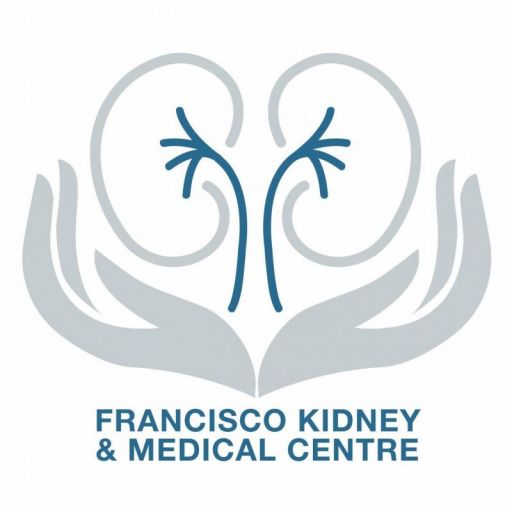Pros & Cons of Peritoneal Dialysis
Advantages of Peritoneal Dialysis
Unlike haemodialysis, peritoneal dialysis does not require regular visits to a dialysis centre, as it can be carried out quite easily at home.
There are also fewer diet and fluid intake restrictions for those on peritoneal dialysis, compared with those going through haemodialysis.
Peritoneal dialysis is suitable for both young children and adults who do not have serious health issues such as cancer or heart disease.
Disadvantages of Peritoneal Dialysis
One primary disadvantage of peritoneal dialysis is that it needs to be carried out every day, which will disrupt your lifestyle to a certain extent.
Some patients also find it uneasy to have the catheter (a thin tube) placed permanently in their abdomen.
Also, those who are on peritoneal dialysis are at risk of developing peritonitis, an infection of the thin membrane that lines the abdomen.
Another possible (though rare) problem is having the peritoneum (abdomen lining) thickened and scarred, and this is when the patient has to switch to haemodialysis for a while.
The dialysis fluid used in peritoneal dialysis can cause a reduction in protein levels, which can lead to a lack of energy, which will affect your drive and performance in your daily activities.
Peritoneal Dialysis & Malnutrition | Dr Francisco Salcido-Ochoa
How to Prevent Malnutrition in Kidney Failure | Dr Francisco Salcido-Ochoa
Peritoneal Dialysis Side Effects
While peritoneal dialysis can help prolong your life, it will make you feel exhausted, and they come with certain risks and side effects.
Peritoneal dialysis can put you at risk of developing peritonitis, an infection of the thin membrane that surrounds your abdomen. Other side effects may include fever, stomach pain, weight gain, high blood sugar due to dextrose in the dialysis fluid (dialysate), or hernia.
Next: See the pros and cons of haemodialysis here
Get Personalised Advice & Holistic Renal Treatment on Chronic Kidney Disease in Singapore
Battling the chronic kidney disease (CKD) can be a daunting and exhausting journey. And the treatments for CKD varies for everyone based on their medical history, current medical conditions, lifestyle and diet. That is why a personalised approach is crucial. If you need any advice on chronic kidney disease (CKD) from a kidney specialist in Singapore, feel free to reach out to Dr Francisco here.
Important information on chronic kidney disease:
What is chronic kidney disease
Signs and symptoms of chronic kidney disease
Stages of chronic kidney disease
Treatments for chronic kidney disease patients
Renal diet for chronic kidney disease patients
Kidney dialysis for chronic kidney disease patients
Kidney transplantation for chronic kidney disease patients
